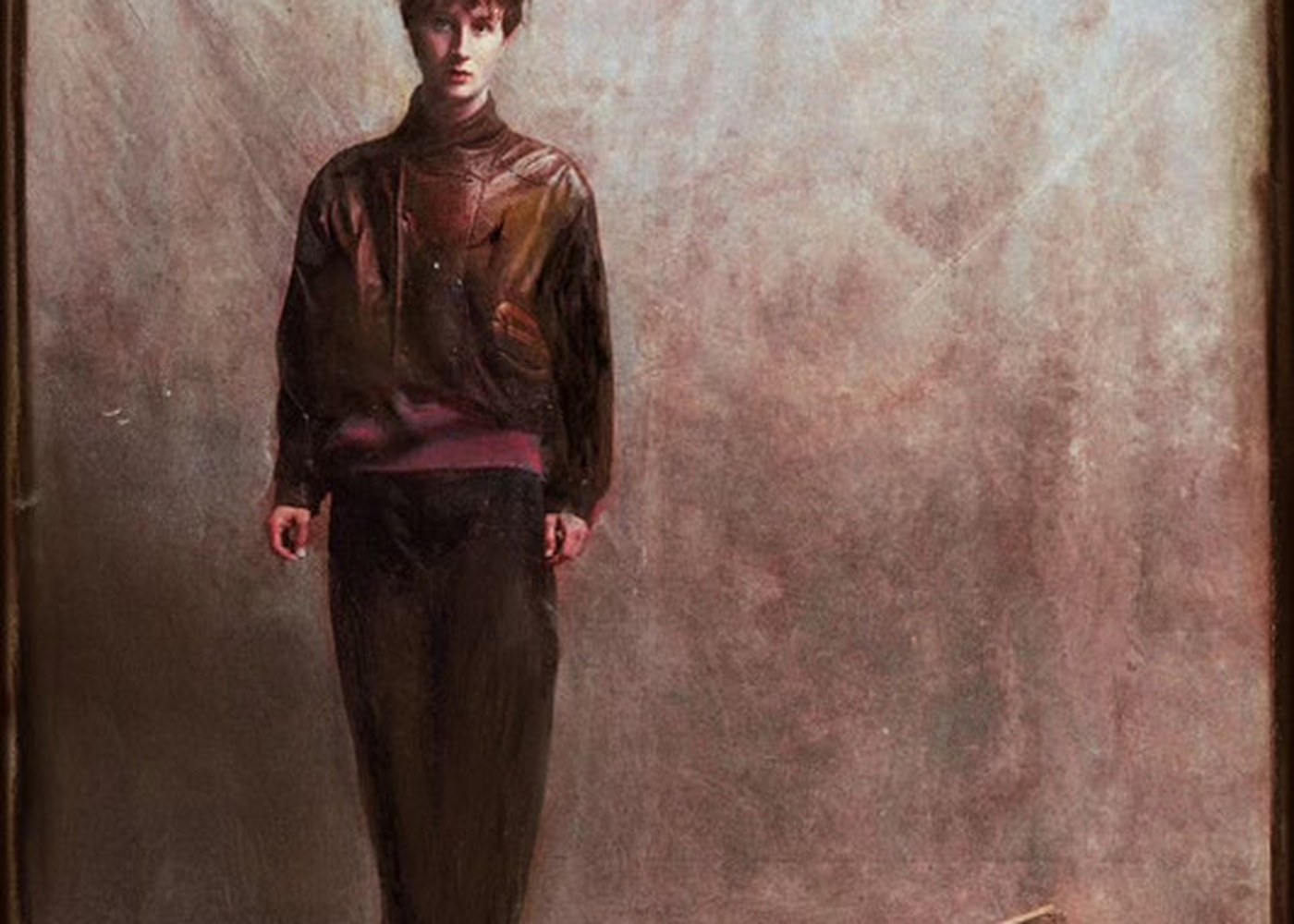Mixing Jazz, Pop, and Righteous Anger
The second teaser single from her just-announced album A Matter of Time, “Tough Luck” sees Laufey turn her signature jazz sound into a breakup pop anthem for anyone fed up with men. Of the song, Laufey explained “I wanted to reveal an angrier side of myself — a side that this unfortunate relationship brought out in me,” and it does that perfectly. The song starts softly — lyrically, emotionally, and compositionally — and while Laufey never abandons her crooning voice, she leans into something angrier, more biting. The lyrics quickly turn cutting, aimed at the soft center of the frail male ego, while the sound slowly builds, culminating in the bridge — a lilting pop composition perfect for TikTok soundbites.
Verse 1: Bait-and-Switch
The first verse sets the scene for this relationship, and quickly it’s clear something is wrong. Laufey paints a picture of this man as… let’s say high-maintenance, while she’s left deciphering the signals of emotions he can’t express.
“Are you tired? I can tell that you're tired
Your eyes turn gray, you beg me to be silent”
It sounds almost loving, but in reality, it’s bait for the hook that comes next:
“You said I can’t read your mind
But I'm reading it just fine”
It’s clear that this man thinks a lot of himself — far more than deservedly so. He thinks he’s deep, enigmatic, yet Laufey reads him like a children’s book. From there, Laufey doesn’t hold back from putting this man in his rightful place — beneath her.
Chorus: Being the Bad Guy
In the chorus, Laufey makes her point as bluntly as possible, ultimately giving the emotional sting an even sharper edge.
“Tough luck, my boy, your time is up
I’ll break it first, I've had enough”
Despite its brutal simplicity, there’s some tension here. Laufey admits “I’ll break it first,” taking the blame, which doesn’t seem entirely warranted —particularly given his sins she later airs. It hints at an internal/external tension in the relationship — it may seem fine outwardly, but in reality, it’s already disintegrating — and Laufey takes the blame to make the breakup easier.
“Of waiting 'til you lie and cheat
Just like you did to the actress before me”
Again, Laufey admits that this man hasn’t done anything outwardly wrong — “waiting ‘til you lie and cheat” implies he hasn’t done either … yet. But despite the lack of any major faux pas, Laufey makes it clear this is not a healthy relationship — even if it may seem like it on the outside. Laufey doesn’t mind being seen as the villain. In fact, the final lines make it seem liberating: “You won't be missed, I'm glad to see you go.”
Verse 2: Exposing the Truth
The second verse is Laufey’s vindication. She makes it clear she wasn’t the bad guy, even if no one else could see it:
“Since we're spilling secrets
Does your mother even know?”
Again, we’re back in the internal/external dichotomy, and Laufey draws a very tight circle around this relationship — even his mom was out of the loop. Laufey alone sees how awful he can be, and she doesn’t stay quiet:
“You demoralized, effaced me
Just to feed your frail ego (Oh)”
There’s an imbalance in the relationship — some might jump to psychological terms like “narcissism” or “superiority complex” — but at its core, he’s a man who bullies to feel better. Now that she’s free, Laufey doesn’t hold back from letting us know how she feels about him:
“You said I’d never understand
The things that make a man a man”
It’s a tongue-in-cheek backlash — Laufey lets us know just how small his definition of manhood really is.
Bridge: Finding Freedom
The bridge is the most lyrically dark part of the song — diving into his verbal abuse — but Laufey rejects it . The bright pop instrumentals along with the opening lines underscore her freedom from this relationship:
“I should congratulate thee
For so nearly convincing me
I’m not quite as smart as I seem
That I'm a loud-mouthed nobody
My accent and music are dumb”
She recognizes that she almost fell for his lies, yet celebrates her ultimate victory. She doesn’t linger on his insults, but instead lists them off like bullet points to cut him down. Then, she turns around and gives as good as she got:
“Your tattoos are no better, hun
The proof says you're tragic as fuck
The truth is that's just tough, tough luck”
She repeats “tough luck,” but instead of pity or remorse, it feels like the final word in an argument. It sends the message: you thought you could win, but you had the tough luck to go up against me. After all, she’s Laufey, no man can compare.
The song ends on the final line, “You won’t be missed, I’m glad to see you go,” sung gently
Who Is "Tough Luck" About? The Black Cat and the Actress
Lyrics aren’t always based on the real life, but given that Laufey confessed this song is about an “unfortunate relationship,” speculation is fair game. So who might the “black cat” ex be? We’re really only given one clue about his identity in the lyrics:
“I've had enough
Of waiting 'til you lie and cheat
Just like you did to the actress before me
Oops, she doesn't even know”
Laufey is notoriously private about her personal life, so there’s no real record of her previous relationships. It could be James from Laufey’s song “James,” or truly anyone. Given that this ex previously dated an actress and then dated Laufey, he must be in the public eye — possibly a fellow musician, an actor, or a model — but other than that we don’t have much to go on. Currently, Laufey is rumored to be in a relationship with Charlie Christie, and the two attended Elton John’s Academy Awards Viewing Party in March of this year. So it seems we can rule at least one man out.
Righteous Anger and Vindication
Call it a crash-out song, call it a breakup anthem, call it whatever you want, Laufey’s “Tough Luck” is a vindication for anyone who has been undermined by a man. With precise lyrics and one of her poppiest compositions to date, the song tracks Laufey’s evolution as she frees herself from a toxic relationship. It’s yet another brick in the growing wall of anti-patriarchal sentiment, but Laufey gives it a softer hue, proving anger doesn’t always have to be loud and destructive; it can be just cathartic and self-liberating when delivered gently.
.png)









